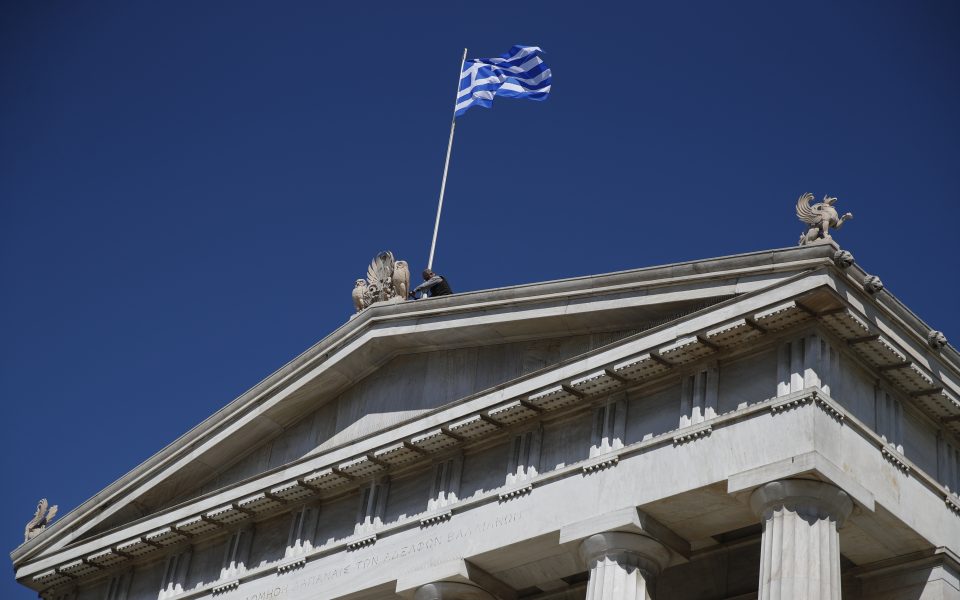Loyal, but different

We start with two basic assumptions. Greece is not a typical Northern or Central European country. We say this as something neither good nor bad. It just isn’t. Why it is not such a country does not matter much, and in any case is an issue for historians to solve because it did not happen yesterday. Our partners and allies do not understand it and this is a problem because (a) they find it difficult to interpret our reactions and (b) have unrealistic expectations.
How we react, what makes us angry, and how we see the West or Russia surprise them. They are confused about whether we are an “Eastern country belonging to the West,” as a Chinese friend recently commented, or a “Western country close to the East.”
The second assumption has to do with what is important to us. Countries that have open and vital problems in their neighborhood see their alliances in the context of the need for survival. To put it another way, Israel sees its alliances differently to how the Netherlands sees them. For Israel, anything that strengthens its interests and protects it from the threats it faces is legitimate. We see it even now in how it deals with the US and the crisis in Ukraine.
Greece has paid in the past for its uniqueness. It emerged, for example, from World War II inconceivably divided, with a large part of Greek society ready to choose the other side of the Iron Curtain. This did not come to pass because of our geopolitical position; because Moscow did not want us in its own camp and the West wanted Greece to be part of it. All this was paid for with a large dose of dependence but also a mammoth economic program that helped the development of the country. The Cold War was costly for a section of society, but it also paid off.
We are now entering a new cold war. Very different, of course. A lot has changed since then. No one, absolutely no one should accept the dependence of the past – not from anyone and not for anything. Nor can the notion of a completely one-dimensional foreign policy be accepted. And it never was – not even in the heart of the Cold War. Greece will negotiate its position and what it will get in return in the new environment that is dawning. It must be at the decision table when all this is over and present its demands in all areas.
There is absolutely no reason for the country to go to extremes to prove its loyalty, nor to justify why it is different. After all, part of the Western leadership is responsible for a percentage of the current anti-West sentiment. The demonization of the “lazy Greek” during the country’s debt crisis has cost us a lot, and we’re still paying for it. As we know, things often get lost in translation between Greece and Western leaderships.
A European politician was recently alarmed when someone told him about the paradoxical Greek reactions to the Ukraine crisis and the possibility of the country going through a period of political instability again at some point. “But I thought we solved their debt problem and they are now on a stable path,” he commented. I wonder who told him that we are a boring or predictable country.





